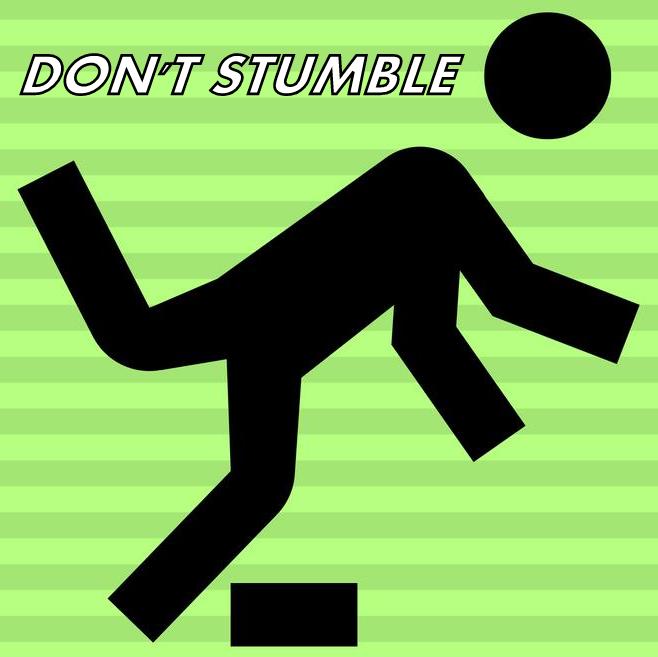SIBLING HATE
The four Lund siblings had inherited equal shares of a trust holding a chain of grocery stores. The oldest sibling sued to force a buy-out of her shares on the ground that she had a reasonable expectation of financial independence and liquidity. She alleged breach of fiduciary duty, unfairly prejudicial conduct, and civil conspiracy. Defendants, including her CEO/brother, claimed that the requested buy-out elevated one sibling’s interests over the others’ and would force the company to take on debt to finance the buy-out. The court threw out some of the claims, but the case continued on the unfairly prejudicial conduct and equitable relief claims.
The sibs could not agree on a buy-out price, so a trial ensued during which the opposing expert’s valuations were about sixty million dollars apart. In Solomon-like fashion, the court picked a number roughly halfway in between.
But they weren’t done yet. Both sides appealed. The appellate court largely upheld the trial court, except that the trial court had denied the defendant’s claim that they be reimbursed their $800,000 in legal fees from the trust property. Ruling that the lower court had employed an incorrect standard, that issue was remanded for further proceedings. The Minnesota Supreme Court recently declined review.
The Real Cost
After five years of litigation, the plaintiff won her case. If the defense spent $800,000 in legal fees, the plaintiff probably spent a similar amount, perhaps more—a lot more—if the fee agreement included a contingency kicker.
Undoubtedly, the litigation created friction among the siblings, the full extent of which the public is unlikely to learn. This kind of animosity affects younger generations, too, and ravages family gatherings.
The judge ordered and the parties agreed to mediation. Obviously, it didn’t take. During the trial, the judge implored the parties to settle, quoting the New Testament and philosopher Reinhold Niebuhr.
Mediation offered an escape from the costs, animosity and stress of litigation. As these harms escalate, parties who previously rejected settlement may revise their view of what they really need. A benefit of mediation is that parties can agree to solutions, such as family counseling, that a judge is powerless to require.
The Lesson
There is no limit on how often parties can come to mediation. If the first mediation was unsuccessful, a second–or third–one may produce results as parties get new information and adjust their views. Mediation can occur while an appeal is pending. At this point, the parties know the full extent of the evidence and the likely outcome. Cases resolve in appellate mediation more often than not. Mediation can limit the damage to the family and its business.










